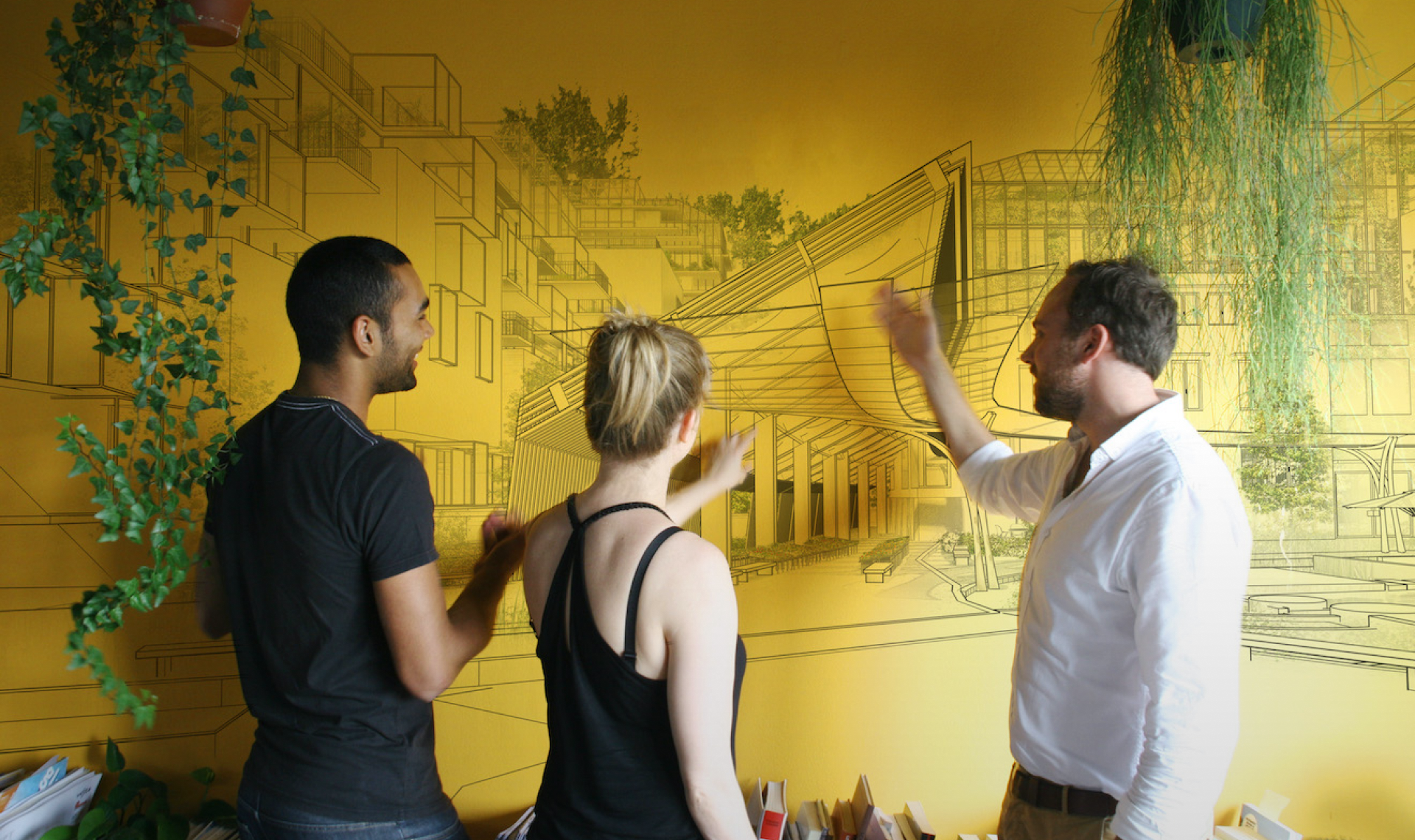Hi all. It has been a nice summer and we may have enjoyed it a little bit too much. So you’re getting two wormfoods for the price of one! Some of the remarkable things that happened over the last two months: funds generated by the ‘Ice Bucket Challenge’ has led to a discovery in neurodegenerative disease research. Sadly, in the animal world, insect populations and lemurs are in danger. Learn about the Uber business model apocalypse, chemistry becoming greener and the first ever accident with a self-driving car. Read all about it in this wormfood. Want to get it first? Make sure to Subscribe.
Global News
- Ice bucket challenge funds gene discovery. Videos of people pouring cold water over their heads raised money to study amyotrophic lateral sclerosis (ALS), also known as motor neurone disease (MND).
- Pope seeks to add green agenda. Pope Francis advances his year-long green agenda, and raises concern over climate change.
- Rocket explodes at Cape Canaveral ahead of launch. Its precious payload is lost, a communications satellite for Facebook to deliver broadband internet coverage to sub-Saharan Africa as part of its Internet.org initiative.
- Too hot to work. Global warming will cost the world economy more than £1.5 trillion a year in lost productivity by 2030 as it becomes too hot to work in many jobs.
Energy & Environment

- Insect populations are drastically declining. A report presented to the German parliament alarms: the average biomass of insects studied in western Germany has steadily decreased by more than 80%, from 1989 till 2014. In Britain, an alliance of 22 publicly funded environmental institutions has compiled a list of ecosystem services delivered by insects.
- Threats for African animals. In Malawi the largest-ever relocation of elephants in Africa is happening right now due to overcrowding. The elephants are moved to the central part of the Southern African country. In Madagascar, poor population seeking to open up a new farmland is threatening the survival of lemurs.
- Soon solar will be the cheapest power everywhere. Shell CEO Ben van Beurden made a little-noticed remark, he said that solar would become the "dominant backbone" of the world's energy system.
Business & Economy

- The on-demand economy "apocalypse". None of the many startups that adopted Uber’s business model has managed to make it work as magnificently as Uber. But inspired by this trend new services as born (as Hello Alfred) and others had to evolve in order to stay on the market (as Spring).
- A remarkable fall for the Silicon Valley web pioneer Yahoo. Verizon Communications Inc. has agreed to pay $4.8 billion to acquire Yahoo Inc. Verizor is aiming to build a competitor to online advertising giants Facebook Inc. and Alphabet Inc.’s Google.
- Freedom for chickens. More than 175 major retailers and restaurants have committed to switching to cage-free eggs. More than 285 million hens in America are housed in cages not much bigger than a shoe box.
Science, Technology & Design

- A branch of chemistry could help making industrial processes more green. So-called mechanochemistry, or chemistry driven by mechanical force, could make many chemical processes more environmentally friendly removing solvents. David Constable, the director of Green Chemistry Institute promotes the limitation of solvents in chemical processes.
- Birds might help scientists assess environmental contamination. A study found a link between elevated lead levels in pigeons and those in children.
- Auto testing has become a source of scandal. Fuel-economy figures aren’t reliable at all in China, the biggest auto market of the world. Just in the past year Volkswagen AG and Mitsubishi Motors have been involved in scandals for cheating on emissions tests and falsifying mileage data.
Urban Environment

- First ever accident with a self driving car. Tesla driver dies in first fatal crash while using autopilot mode: the car sensors couldn’t distinguish between a white truck trailer and bright sky.
- How to Restore an Urban River? Los Angeles Looks to Find Out. Officials are moving ahead with a major revitalization of the Los Angeles River removing miles of concrete along its banks and re-greening the areas. But the project raises an intriguing question: just how much of an urban river can be returned to nature?
- Carbon Landscapes. Give a look to this inspiring collection of aerial view photos of Europe’s carbon footprint by Alex MacLean. In Europe, per capita carbon emissions are less than 50% of those in the U.S.
Unexpected and Intriguing

- Curious connections in complex systems. Allowing the cougars to repopulate the eastern U.S. would reduce deers number and reduce the number of human lives lost to automobile-deer collisions, a scientific study sais.
See a news item suited for Wormfood, or a theme for a newsletter? Let us know, we'll do our best to make some magic happen!
Sept. 8, 2016

